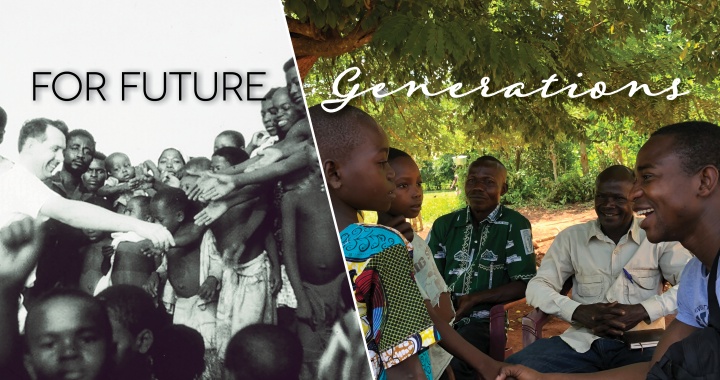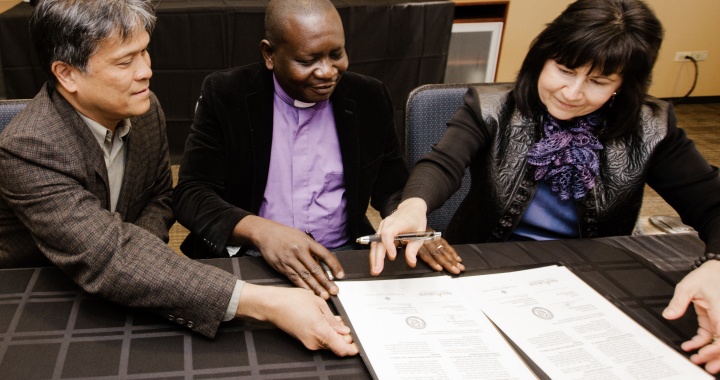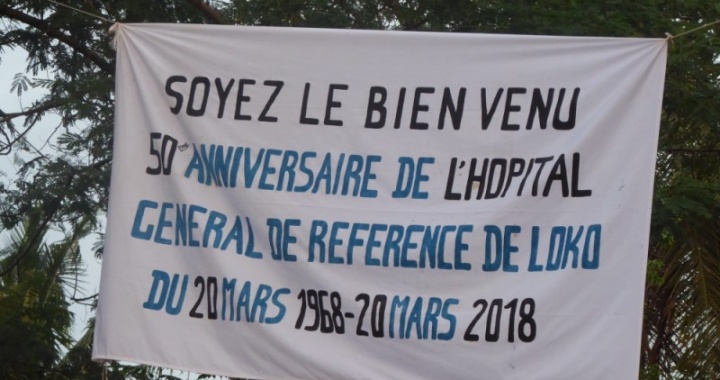 Partners on the Journey: A Special 50th Anniversary Blog Series, Part 11, By Mike Hertenstein
Partners on the Journey: A Special 50th Anniversary Blog Series, Part 11, By Mike Hertenstein
Joseph Conrad’s 1899 novel Heart of Darkness follows the Congo River as a spiritual journey into the depths of human evil. The story was transposed into a Vietnam War setting for the 1979 film, Apocalypse Now. Both journeys end with the haunting cry, from the depths of human pain, “The horror…” The original story was inspired by Conrad’s visit to the Congo “Free State,” King Leopold of Belgium’s colonial horror. That notorious exploitation of peoples and resources added terrible chapters to an ongoing bloody history.
In Conrad’s era, the dominant culture was much-influenced by traditions of European “Enlightenment,” and often blind to the shortcomings of that perspective. The Congolese church, as it grew, would come to understand Christ and the Gospel were much bigger than European culture and its sins – bigger than postcolonial Congo and its own. Through it all, good mingled with evil. European missionaries gave their lives and buried their children in a land they’d come to bring the Gospel. Congolese believers faced their own challenges as they confronted the horrors of history, as they lived out their own chapter of the history of the church.
“Apocalypse,” in its original meaning, suggests a revelation, or a “lifting of the veil.” The mystery of evil remains veiled, an ultimate heart of darkness, impenetrable by any human enlightenment. Radical suffering defies simple explanation – as does radical love, the only response strong enough, ultimately, to send into battle against it. That’s the heart of the Gospel, the apocalyptic revelation entrusted to the missionaries, carried now, too, by a Congolese church, in common cause against the horror of radical evil and suffering, with Christ.


